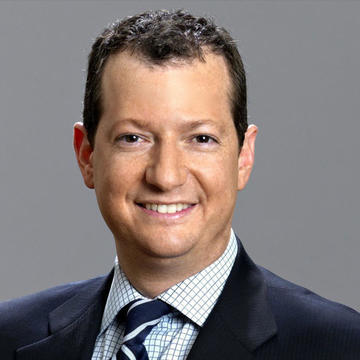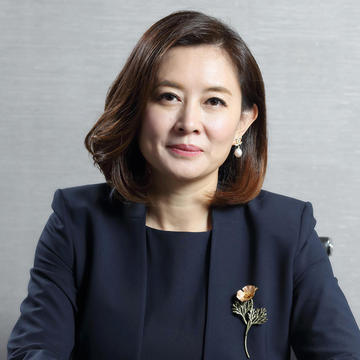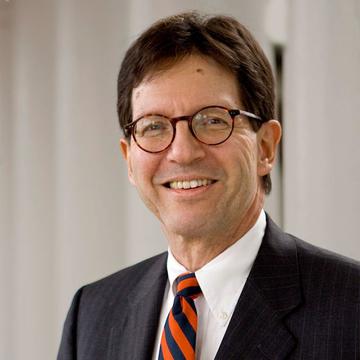Shutterstock.com
Autonomy limited: Hong Kong, Taiwan, China, and the U.S.
Evan Feigenbaum, Syaru Shirley Lin, Harry Harding (moderator)
11:00AM - 12:15PM (EST)
Shutterstock.com
Event Details
For more than six months, widespread protests calling for greater autonomy and democracy have swept over Hong Kong. In early January, Taiwan will hold its quadrennial presidential and legislative elections. These developments reflect the emergence and consolidation of distinctive local identities in both Hong Kong and Taiwan—identities rooted not in ethnicity, since both places are predominantly Han Chinese, but in social and political values and political and economic systems that have become markedly different from those on mainland China.
In light of this, China is attempting to increase its control over Hong Kong and to push for unification with Taiwan. It is claiming that its economic and governance models are just as legitimate and often more effective than those associated with the West. In response, the United States is increasing its interest in the success of Taiwan’s democratic institutions and market economy, and in the preservation of autonomy and freedom in Hong Kong, even as its own domestic institutions are coming under stress. Join us for an assessment of how these facts have become central to the growing competition.
When
11:00AM - 12:15PM (EST)
Where
2201 Old Ivy Rd
Charlottesville, VA 22903


